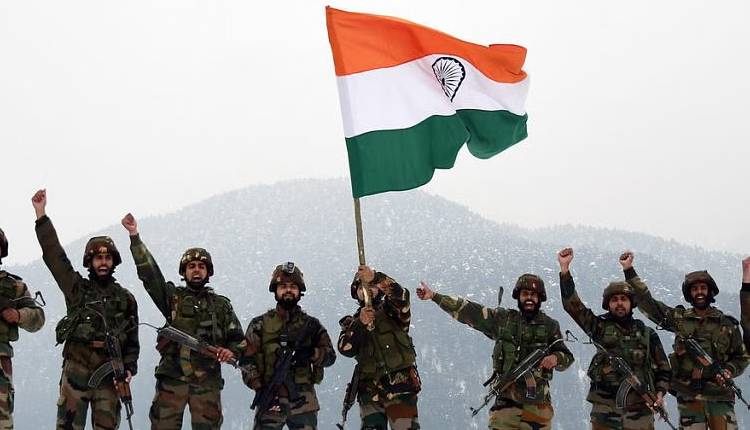New Delhi: Pakistan’s leadership is visibly angry as it scuttles to shift blame with a barrage of denials following India’s execution of ‘Operation Sindoor.’ The diplomatic fallout from the three-to-four-day-long skirmish with India has left Pakistan isolated, as even its closest ally, China, has refrained from unconditional support. On the other hand, countries such as Israel, Russia, the UK and the Netherlands have rallied behind India. In contrast, the U.S. and China have maintained a remarkable silence, making no fabricated statements pleading for Pakistan or criticise India for punishing Pakistan.
In India, the Netherlands’ firebrand MP Geert Wilders stirred up a storm on X, saying, “I love India; 100% of Kashmir is India’s.” He tweeted #PakistanBehindPahalgamTerrorAttack and, in a pointed reference to the Pahalgam terrorist attack that sparked India to act against Pakistan, specifically blamed Pakistan for it. His strong position highlighted the increasing global agreement supporting India’s sovereign right to defend itself.
Russia, always a faithful companion, was once also a loyal supporter. A day before Operation Sindoor launched, PM Narendra Modi spoke to President Vladimir Putin on the phone on May 6. Putin expressed deep regret over the Pahalgam attack and assured us of his complete support for India’s fight against terrorism. Echoing this, the Russian Foreign Minister said that India has a right to target terrorist networks. Whoever is behind such evil doing, whoever is abetting it, must be brought to justice.
Israel didn’t just provide armaments — like the Harrop drones and Barak-8 missiles India used crippling Pakistan — but was also responsible for an outpouring of technology transfer, co-production and research and development. On May 7, Israeli ambassador to India, Reuven Azar, posted on X, “Israel supports India’s right to self-defence. Terrorists must know there is no place to flee after carrying out acts of barbarism against civilians. In return, he received from India this diplomatic backing which increased Israel’s status as a major partner in Indian counterterrorism efforts.
France also held its ground by refuting invalidated allegations about Rafale fighter interception. French officials said they found no such evidence and endorsed India’s operation as a legitimate right to defence against trans-border terrorism. Former UK PM Rishi Sunak and many MPs supported India, saying that no country can allow terrorism. Their statements worked as the most effective answer to the Pakistan lobby and what Pakistan has been up to and strengthened the Indian stand.
While the U.S. kept its proper distance, President Donald Trump effectively put on social media the words of every American diplomat: “America is not going to be the Pakistani military’s shield.” At the International Monetary Fund, the U.S. supported Pakistan but did not criticise India — a diplomatic victory for New Delhi. China, Pakistan’s so-called “all-weather friend”, responded half-heartedly, neither condemning India’s strikes nor directly supporting Pakistan, instead blandly opposing terrorism.
In sharp contrast with Pakistan’s isolation are the messages received by India in the wake of India’s strong counter-offensive following the Pahalgam attack. Now, as Islamabad reels from its devalued status, the Modi government response under the umbrella of ‘Operation Sindoor’ not only pulverised terrorist hideouts but also altered the existing diplomatic architecture, and Pakistan must budge while contemplating its follies.



Comments are closed.